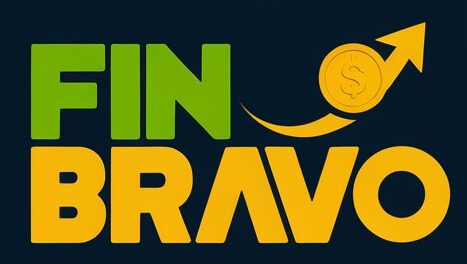Let’s cut to the chase – traditional workplaces often aren’t built with disabilities in mind.
But here’s what they don’t tell you: the digital world is full of opportunities that pay real money without requiring you to leave your house.
We’re talking $1,000 or more every month doing work that actually fits your life.
The best part? These aren’t sketchy “get rich quick” schemes. They’re real jobs that real people are using right now to pay their bills.
Whether you’re dealing with mobility challenges, chronic illness, or any other disability, there’s a remote job here that could change your financial game. Ready to find your perfect fit?
1. Closed Captioning Specialist (Get Paid to Type What You Hear)
Every video online needs captions – by law for most professional content. That’s where you come in.
As a closed captioning specialist, you’ll transcribe audio and sync it with video, earning $15-$45 per hour.
Many captioners make $1,500+ monthly working part-time hours.
Why this rocks for people with disabilities: You can often choose your own hours and work in short bursts.
Some companies even provide specialized software to make the job easier.
No degree needed – just good typing skills (about 60 WPM) and attention to detail.
Top places to find work: Rev, 3Play Media, and CaptionMax.
Pro tip: If you’re Deaf or hard of hearing, many companies actively seek out team members with first-hand experience.
2. Online Community Moderator (Keep Internet Spaces Safe)
Every forum, Facebook group, and membership site needs moderators to keep conversations civil.
Pay ranges from $12-$30/hour, with many mods earning $1,000-$2,000 monthly.
Some companies even provide full benefits for these remote positions.
This job works great if you need:
- Flexible scheduling (many moderation shifts are evenings/weekends)
- Low physical demands (just a computer and internet)
- The ability to work in short sessions
Look for openings with companies like Meta, Reddit, or Discord.
Smaller businesses often post moderator jobs on We Work Remotely and Remote.co.
3. Data Entry Specialist (Solid Pay for Detail-Oriented People)
Before you roll your eyes – today’s data entry jobs pay better than you think.
Specialized roles (medical coding, legal transcription) can pay $18-$35/hour.
Even general data entry often pays $15-$22/hour.
Why it’s disability-friendly:
- Most companies don’t care when you work as long as deadlines are met
- Many tools now exist to make data entry easier (voice-to-text, specialized keyboards)
- You can often negotiate accommodations like extra time for certain tasks
Places to find high-paying gigs: Clickworker, Axion Data Entry Services, and SigTrack.
Medical coding certifications (like through AAPC) can double your earning potential.
4. Online Researcher (Get Paid to Find Information)
Businesses, authors, and even TV shows hire people to track down obscure facts, compile reports, or verify information.
Pay ranges from $20-$50/hour depending on specialization.
Perfect if you:
- Love digging deep into topics
- Have strong Google-fu
- Can organize information clearly
Specialized researchers (medical, legal, or academic) earn the most. Check out Upwork’s research category or sites like Wonder.
Many libraries also hire remote research assistants.
5. Accessibility Tester (Use Your Experience to Improve Tech)
Here’s a job that actually values disability experience.
Companies pay people with disabilities to test their websites, apps, and software for accessibility issues.
Pay is typically $25-$75 per test, with some testers making $100+ per hour.
Major perks:
- Your lived experience makes you uniquely qualified
- Work is project-based (great for fluctuating energy levels)
- You’re directly making tech better for others with disabilities
Top places to find work: UserTesting, Loop11, and AccessWorks.
Many tech companies also hire directly through their careers pages.
Your Next Steps (Start Earning This Month)
The hardest part is starting. Pick one job that matches your skills and:
1) Create a simple profile on 2-3 relevant platforms
2) Apply to 5-10 jobs this week
3) Track your time/pay to see what works best
Remember – you don’t need to land the perfect job immediately.
Many people start with smaller gigs and scale up as they gain confidence.
That first $1,000 month is closer than you think.
Which job are you most excited to try? Drop a comment below – we’d love to hear your plans!
